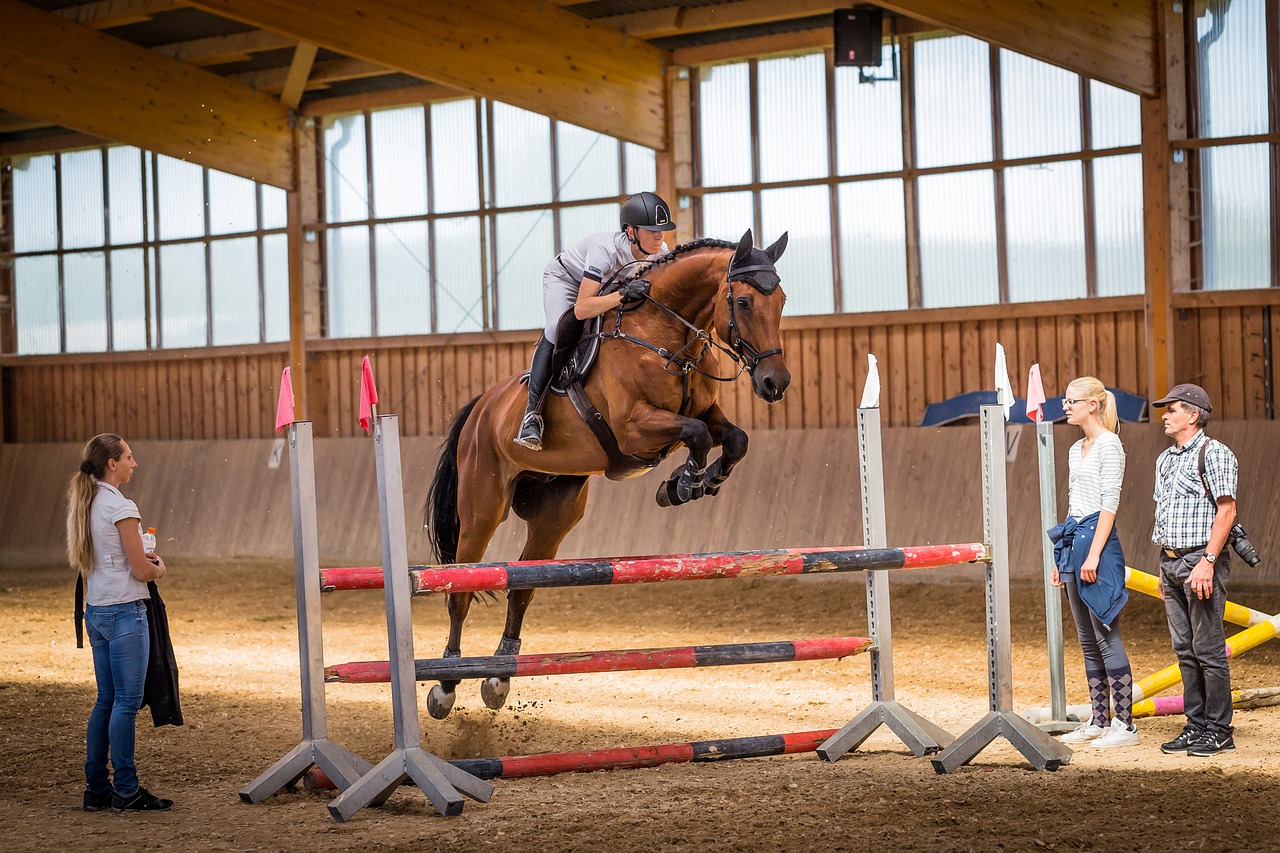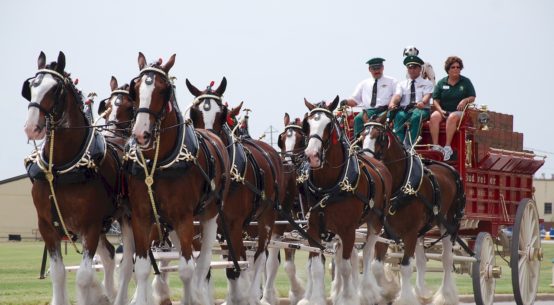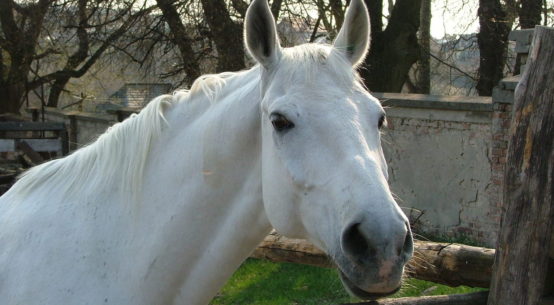
Riding instructors teach riding lessons and coach students who wish to compete in various equestrian disciplines.
Duties
Riding instructors train students by designing skill building exercises for the horse and rider. They critique their students’ form, give advice on proper techniques, and teach general horsemanship skills such as grooming, saddling, and bandaging. Some instructors also offer training services for horses owned by their clients, either teaching the horse a new discipline or bringing them up to a more advanced level of performance in their current discipline. Others choose to offer intensive training clinics to help their students sharpen their skills, or they may travel to various locations to offer their services to others.
Instructors usually offer a mix of both group and private lessons, and they are free to make their own schedule. They tend to partner with one stable and operate solely out of that location (though there is the occasional trainer that rotates through several properties in a local area). The stable benefits from having instructors on “staff” (even though they are usually independent contractors), since this attracts students who wish to board their horses at their trainer’s home base. Students without their own horses are usually able to use the stable’s string of lesson horses as a part of their fee. The stable is generally entitled to a portion of the trainer’s lesson fee for allowing them to operate at their facility and to use their lesson horses.
It is common for riding instructors to travel to shows with their students to provide on site coaching. They ensure that their students follow all the rules of competition for their specific discipline and assist with last minute preparations (like walking the course with hunter-jumper competitors, advising on how many strides to take between jumps and how to best approach an obstacle). The instructor may also drive a horse van to transport horses to and from the show grounds.
Riding instructors tend to work a varied schedule that includes weekends, evenings, and even some holidays. The work usually occurs outdoors in varying weather conditions, so instructors must be prepared for this reality.
Employment Options
Instructors tend to specialize in one discipline (or a few closely related disciplines). Possibilities include hunt seat, show jumping, dressage, saddle seat, western pleasure, reining, cross country, driving, vaulting, eventing, side saddle, equitation, and therapeutic riding.
Riding instructors may find work in several different venues including equestrian centers, training facilities, camps, colleges, private stables, ranches, and more. Some instructors choose not to have a regular student base but instead work exclusively as clinicians, traveling to various riding centers to provide weekend or week long training opportunities.
Education, Training & Certification
It is true that there is no formal training or qualification process required to start working as a riding instructor, and many instructors are able to attract students based on their reputations as top competitors in their discipline (whether at the regional, state, or national level). While formal training or certification is not required, many instructors do choose to pursue professional degrees or credentials to enhance their qualifications.
There are several colleges that offer equine degree programs for students hoping to become riding instructors. Two of the best known programs can be found at the University of Findlay (in Ohio) and Meredith Manor (in West Virginia). Many colleges also offer students the opportunity to join an intercollegiate equestrian team, which gives them the chance to compete with regional rivals and qualify for an entry in the national championship.
There are many respected certification programs available to current or aspiring riding instructors, and most require both written and practical skills exams. The American Riding Instructors Association (ARIA) certifies instructors in 15 disciplines, and certification is good for five years. The Certified Horsemanship Association (CHA) offers a certification that is good for three years. The Professional Association of Therapeutic Horsemanship International (PATH International) offers three levels certification to instructors who work with special needs riders. The U.S. Hunter Jumper Association (USHJA) offers a hunt seat certification. The U.S. Dressage Federation (USDF) offers a multi-level instructor/trainer certification in dressage. The British Horse Society (BHS) and the Association of British Riding Schools (ABRS) also offer certifications that are highly regarded worldwide.
Salary Range
The salary earned by a riding instructor can vary based on what they charge per lesson, how many lessons they offer per week, the trainer’s experience and reputation, the demand for trainers in their specific discipline, the strength of the economy in their local area, and any additional income earned for teaching clinics or providing coaching at shows.
Instructors generally charge anywhere from $25 to $40 per hour for each student attending a group lesson, and $35 to $75 per hour for a student attending a private lesson. Some trainers also offer semi-private lessons, which would be lessons designed for just 2 or 3 riders, priced somewhere in the middle of their group and private lesson rates. Many instructors are able to earn an annual income in the $30,000 to $40,000 range.
Common job perks for instructors can include free or inexpensive housing on the farm, free board for their personal horse, paid show entry fees, use of farm vehicles, and riding privileges for farm owned horses. Instructors who also perform some barn manager duties tend to have the greatest chance for receiving these benefits. Some instructors are offered health insurance if they work as full time employees of the stable, but independent contractors would not be offered this benefit.
Job Prospects
Equestrian sports have continued to show growth over the past several decades, and there is no sign that interest in equestrian activities is slowing. Instructors can become well established in a community in a relatively short period, and students are often willing to travel a considerable distance to train with a top coach.
Instructors whose students compete and win regularly at local shows tend to receive a lot of positive buzz, and this can be a great way to attract new students and expand their business. Instructors can also complete certification programs and feature that added experience in their advertisements.
Follow Animal Career Expert on Facebook, Twitter, and Pinterest for the latest articles, photos, and news.



